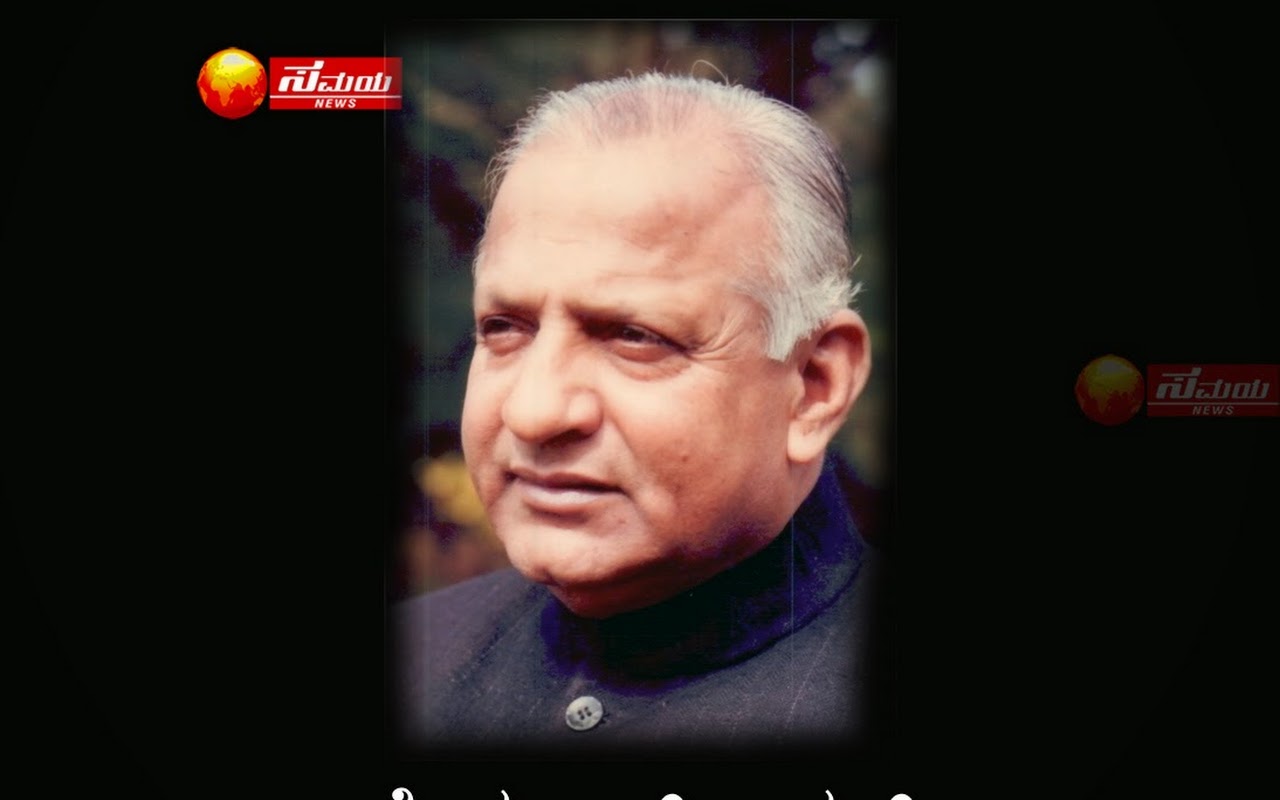VAJRA, the sixth coast guard Offshore Patrol Vessel (OPV-6) was launched in Chennai on February 27, 2020 to enhance coastal security. The Minister of State for Shipping(I/C), Mansukh Mandaviya was the Chief Guest of the launch ceremony.
The sixth Offshore Patrol Vessel- 'Yard 45006 VAJRA’ was launched in the sea for the first time. While addressing the occasion, Mansukh Mandaviya congratulated M/s L&T Shipbuilding for the timely delivery of the vessel and stated that it will be used for day and night patrolling.
The vessel is sixth in the series of seven offshore patrol vessel projects being designed and developed by Larsen and Toubro Shipbuilding under the union government’s ‘Make in India’ policy.
Objective
The vessel is expected to strengthen the Indian Coast Guard’s efforts to secure the vast Indian coastline measuring about 7500 km and the exclusive economic zone (EEZ) measuring over 20 lakh sq km. VAJRA will also strengthen the coast guard’s efforts to ensure safe passage to almost one lakh merchant ships transiting through the Indian waters every year for global trade.
• VAJRA is a state-of-the-art-platform, which will enhance the operational capabilities of the Indian Coast Guard in surveillance and search and rescue. It will be manned by 121 personnel.
• The ship will be used mainly for day and night patrolling and surveillance along with anti-terrorism and anti-smuggling operations in the Exclusive Economic Zone (EEZ). It will also be deployed to maintain coastal security.
• The offshore patrol vessel is fitted with the latest machinery, equipment and navigation systems. It will have two Navigation Radars with ultra-modern technology and advance navigational and communication systems.
• It will also be fitted with CRN-91 and 12.7 mm guns and have an integral twin-engine helicopter, which will enhance its operational, surveillance, search and rescue capability.
• Overall, the vessel is 98m in length and 15m in width with a gross weight of 2,100 tonnes. It is equipped with two diesel-driven engines and can hit a maximum speed of 26 knots.
• It will be inducted into the Coast Guard after completion of extensive trials and testing for the equipment and machinery.
Within 43 years, the Indian Coast Guard has increased its fleet strength and it is now one of the largest coast guards in the world. It can meet all kinds of maritime security challenges.
India has a rich maritime history and the Union Government is planning to develop a National Maritime Heritage Complex at Lothal, Gujarat to secure and showcase the rich maritime heritage of India.
Ever since the Indus Valley Civilisation, India is known to be a leading player in developing Maritime Technology except during a few centuries. India is now again regaining its maritime capabilities in terms of shipbuilding and securing the waters of India.


